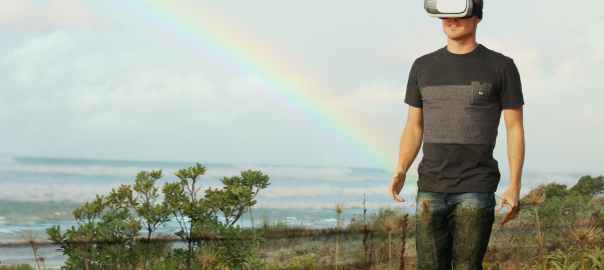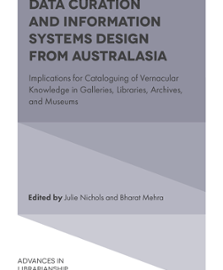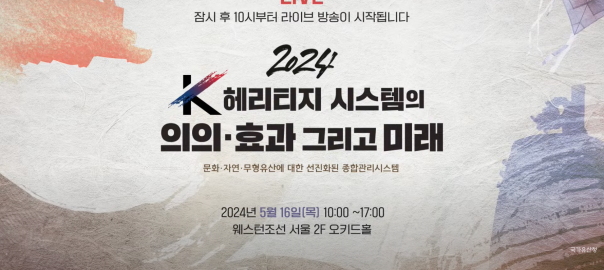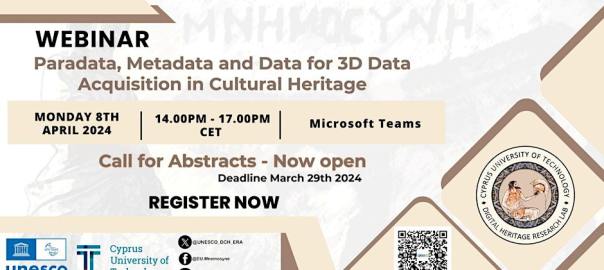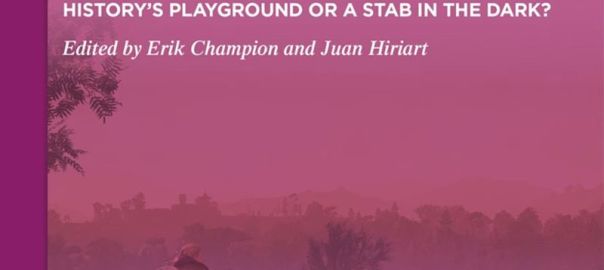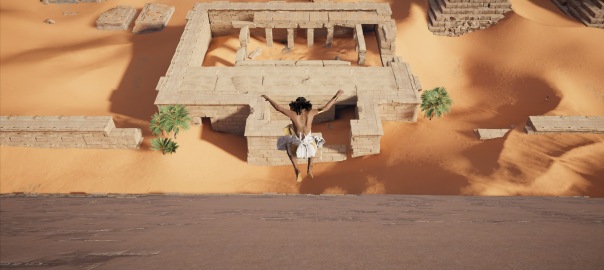GLAM Games: Gaps and Glimmers in the Visitor Experience
Bradley Forum Level 5 Hawke Building 50-55 North Terrace, Adelaide
25 September from 9.30. Book a free ticket at Eventbrite.
GLAM Games: Gaps and Glimmers in the Visitor Experience
Join us for an exciting event that explores the fascinating world of visitor experiences in the GLAM sector (Galleries, Libraries, Archives, and Museums).
Discover the gaps and glimmers in the visitor journey as we delve into the latest trends and strategies to enhance engagement and create memorable experiences.
Date: Mon Sep 25 2023 Time: 09:30 AM ACST Location: Bradley Forum, Level 5, Hawke Building, UniSA City West Campus, 55 North Terrace, Adelaide, SA
Immerse yourself in a day filled with insightful discussions, interactive workshops, and networking opportunities with industry experts and like-minded professionals.
Whether you’re a curator, librarian, archivist, or museum enthusiast, this event is a must-attend to stay ahead in the ever-evolving GLAM landscape.
Don’t miss out on this unique opportunity to gain valuable insights and exchange ideas with fellow GLAM enthusiasts. Register now to secure your spot!
SCHEDULE:
9.30 Intro & talk Associate Professor Erik Champion (UniSA) Learning Through Play
10.00 Peter Tattersall (Head of Visitor Engagement, National Maritime Museum (Sydney)) What are you playing at? Contested histories, video games, classrooms, and museums
10.30 MORNING TEA (provided)
11.00 Dr Melissa Rogerson (University of Melbourne) Avoiding “analogue” – combining physical components with technologies to make new playful experiences
11.30 Dr Bernardo Pereira (ANU) Insights from a Computer Science Escape Room Experience
12.00 Drs Terhi Nurmikko-Fuller & Katrina Grant (ANU) Lo-fi Games in GLAM
12.30 Dr Susannah Emery, George Martin & Sophia Booij (UniSA) “Escaping the classroom” – engaging students with history
1.00 LUNCH
2.00 Natalie Carfora & Claudia von der Borch (MOD. Museum) Designing Museum Experiences: Learnings from George Alexander Foundation Fellowships
2.30 Peter Tullin (Remix) The changing landscape for the cultural and creative industries
3.00 Sam Haren (Sandpit) Bringing Intimacy Back to Digital Interactions
3.30 AFTERNOON TEA (provided)
4.00 Dr Juan Hiriart (the University of Salford UK (virtual)) Co-designing indigenous games: South America and beyond
Above image: Gallery & Museum AR-game workshop, Finland 2021 (copyright Erik Champion).
This event was supported by a Creative UniSA grant and with the help of the Department for Industry, Innovation and Science (South Australia).



